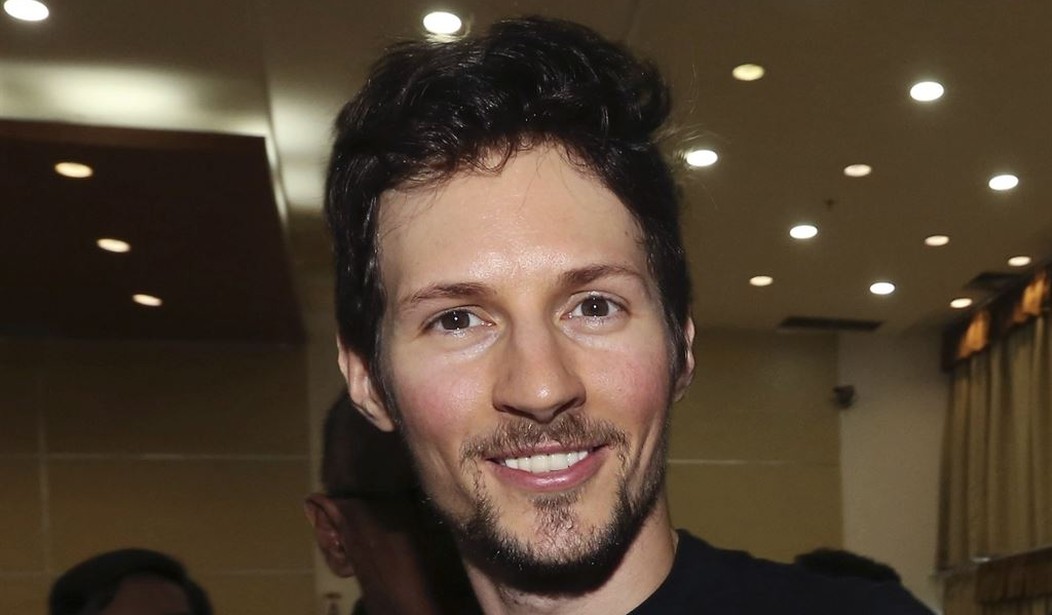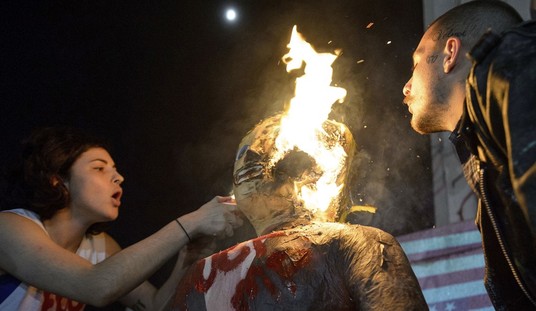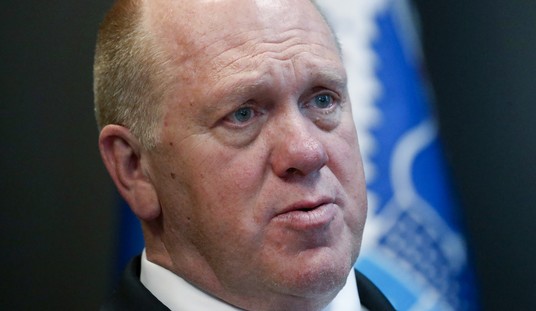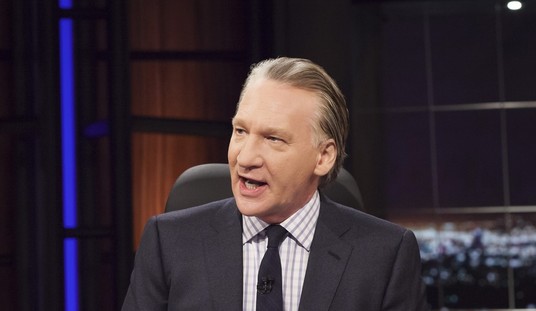The media, the self-proclaimed praetorian guards of free speech, stood silent in the wake of Pavel Durov’s arrest. Their lack of outrage reaffirms that the fight for free speech has been abandoned by a media industrial complex that has become nothing more than stenographers for the surveillance state. Durov, the co-founder and CEO of Telegram, was arrested by French authorities after being accused of “failing to mitigate the misuse of criminal activities on his platform”—which, in non-Orwellian speak, means they wanted him to engage in censorship. This wasn’t just an arrest; it was a warning. Either surrender to government censorship or face the full power of a system designed to crush anyone who dares to defy it.
Durov’s entire life has been a rebellion against tyranny. Born in the Soviet Union, he witnessed firsthand how authoritarian governments crush freedom of speech and individuality. When the Russian government demanded Durov hand over data on political protesters using his first social network, VKontakte, Durov made the agonizing choice to abandon his company rather than betray his users. Durov understood that the values of freedom must be upheld even when the cost is unbearable. He left behind his home, fortune, and the life he had built for himself and his family to defend the principle that freedom requires privacy.
After leaving Russia, Durov didn’t retreat—he doubled down. He co-founded Telegram, a social media and person-to-person communication app. Durov built Telegram to act as a fortress for free speech in a world where governments are increasingly desperate to control what we say, read, and share. Known as a citadel for free communication, Telegram is a place where privacy is paramount, and even the most powerful governments can't snoop on your conversations.
As Telegram’s influence grew, so did the pressure from Western governments. They began demanding that Durov do what he had refused to do in Russia: hand over user data, censor conversations, and allow their intelligence agencies a backdoor into Telegram.
Recommended
Some argue that Durov’s arrest was necessary and that the ends justify the means. They claim that platforms like Telegram can become safe havens for criminal activity, terrorism, and other bad actors, allowing them to operate beyond the reach of law enforcement. They argue that we need to gain access to this platform before our enemies do. In a world where threats are constantly evolving, they insist that the unchecked freedom Telegram offers—namely, the ability for citizens to circumvent censorship laws and spread misinformation, disinformation, or malinformation—could lead to dire real-world consequences.
But this line of reasoning ignores a fundamental truth: the greatest dangers don’t come from the unchecked freedom of the people, but from the unchecked power of those who seek to control them. Sacrificing free speech and privacy in the name of security has never ended well. When we trade our freedoms for the illusion of security, we don’t just surrender our rights—we dismantle the pillars that uphold our liberty. History shows us that when governments are given the power to censor and surveil unchecked, it’s not just criminals who suffer—it's everyone. The real threat here isn’t Telegram’s encryption; it’s the creeping authoritarianism that demands it be weakened.
Western governments demanded that Durov turn Telegram into another tool of global surveillance and bend the knee to state censorship just like Dorsey, Pichai, and Zuckerberg had before him. Just as he defied the Russian government a decade ago, Durov has once again stood firm, refusing to betray the principles that define his life’s work. Ironically, it wasn’t the authoritarian East that came for him—it was the so-called democratic West, the self-proclaimed guardians of free speech. The very nations he turned to for freedom were ultimately the ones that couldn’t tolerate his refusal to comply.
Now, Durov faces prison and political persecution because he chose to defend the principles of privacy over the demands of power. Durov’s arrest isn’t just a personal loss; it’s a stark reminder that in a Western world increasingly hostile to dissent, standing by your principles can cost you everything. This arrest sends a clear and chilling message: defy the will of the new authoritarians, and you’ll be crushed. It’s not a message for you; it’s a message to every platform creator who believes the internet should remain a space for free expression. If we allow this kind of censorship to become the norm, we risk losing the very freedoms that make democracy worth defending. Durov’s arrest is a grim reminder that in the battle between freedom and control, nothing is off limits for those in power. If they can silence him, it is not an exaggeration to fear that the future of free expression may be a single Elon Musk heartbeat away from extinction.

























Join the conversation as a VIP Member